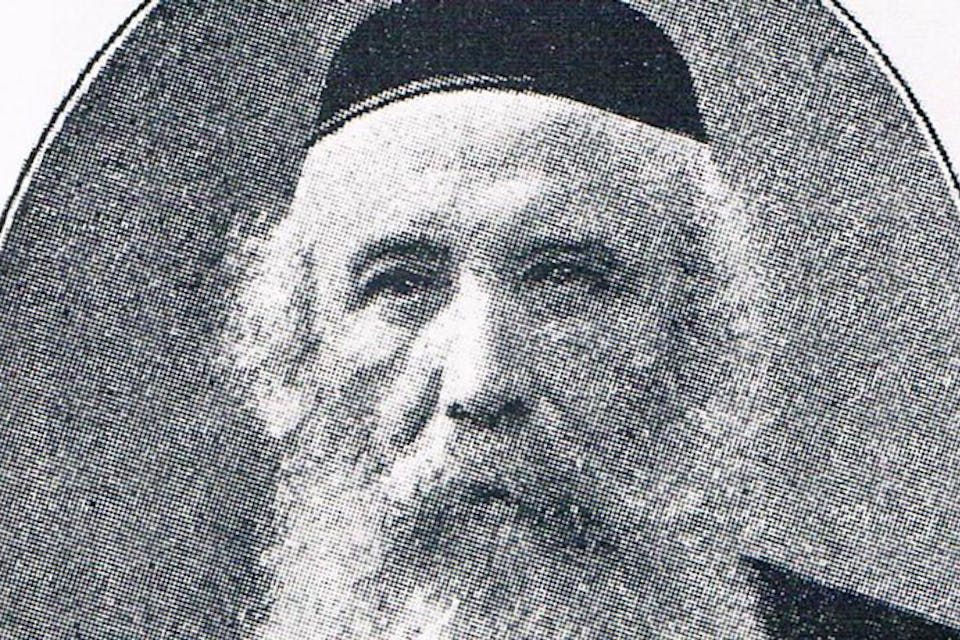
December 11, 2014
By the Sweat of Jewish Brows
How might haredi men be persuaded to depart from their yeshivas and start working? The brilliant writings of an idiosyncratic rabbi can help lead the way.
Aharon Ariel Lavi’s excellent essay in Mosaic adeptly explains the profound conflict between the majority of Israelis and the rapidly growing ultra-Orthodox (haredi) minority. It may be that this conflict, which can seem as irreconcilable as the conflict between Israelis and Palestinians, can only be managed; but, as Lavi explains, it cannot even be managed unless most haredi men can somehow be persuaded to depart from their yeshivas and acquire the educational tools that would render them capable of finding jobs in a modern economy.
The dominant haredi view, never before put into practice on anywhere near the current scale in Israel, can be summed up succinctly. Advanced Torah study—largely, if not exclusively, the study of Talmud and its commentaries, along with medieval and later legal codes and their commentaries—is the highest vocation to which any Jewish male can aspire. By engaging in such labor, moreover, yeshiva students confer a greater benefit upon the Jewish people and the state of Israel than do those in any other activity, including military service. Men pursuing this advanced calling, therefore, are rightfully entitled to public funds to provide for their own and their families’ material needs, and to exemption from any (other) form of national service.
Lavi impartially explicates this view before outlining a bottom-up approach to addressing it; he offers specific proposals, especially in the realm of education, deserving of careful attention by Israeli policymakers and haredi activists alike. Here I’d like to raise a different question—one that may help clear the conceptual air surrounding the issue of haredi employment. The question is this: what exactly is the religious significance of Torah study in the Jewish homeland, and is the conventional—albeit, from a historical perspective, revolutionary—haredi view the only religiously and theologically valid one?
Responses to December ’s Essay
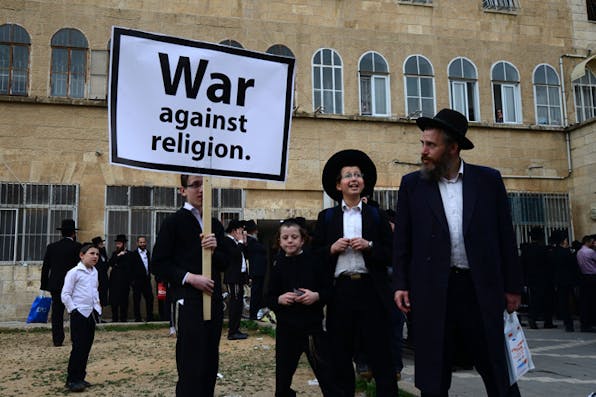
December 2014
How Not to Help the Ultra-Orthodox
By Peter Berkowitz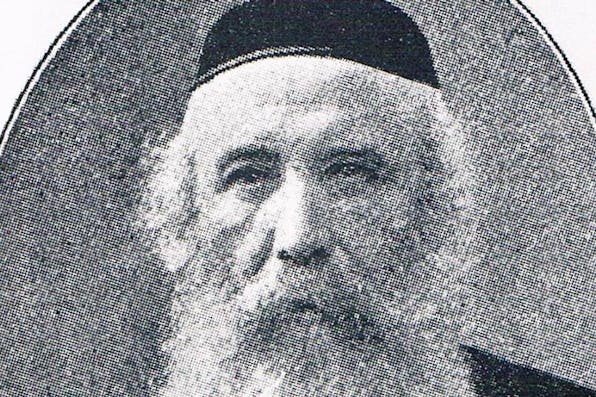
December 2014
By the Sweat of Jewish Brows
By David Glasner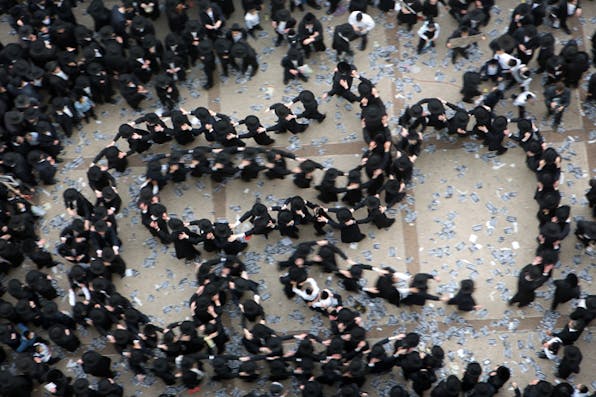
December 2014
Five-and-a-Half Myths about Ultra-Orthodox Jews
By Yehoshua Pfeffer
December 2014
How the Ultra-Orthodox Undermine Themselves
By Moshe Koppel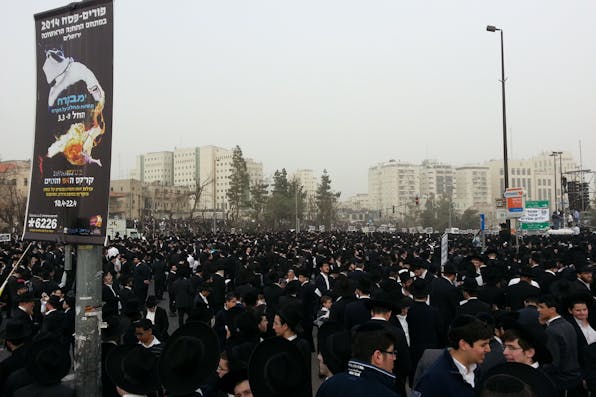
December 2014
Could the Haredi System Melt Down?
By Aharon Ariel Lavi